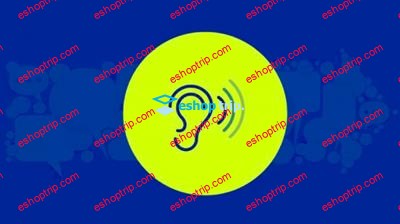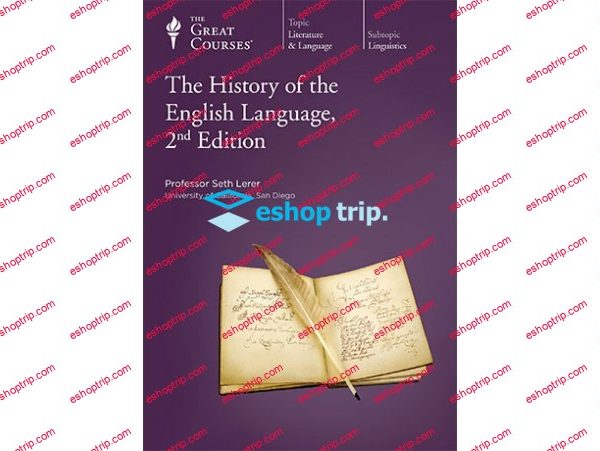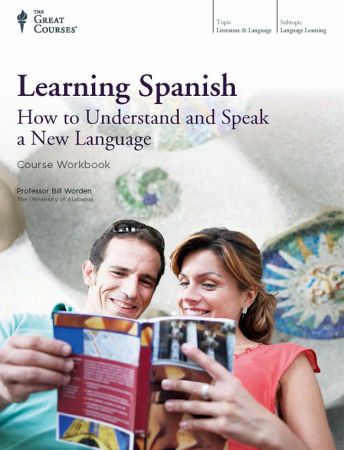Published 7/2024
Created by Thaddeus Sinclaire
MP4 | Video: h264, 1280×720 | Audio: AAC, 44.1 KHz, 2 Ch
Genre: eLearning | Language: English | Duration: 11 Lectures ( 1h 14m ) | Size: 642 MB
How to construct Conditional Statements and Questions:
What you’ll learn:
Students will know how to form conditional statements.
Students will know how to form conditional questions.
Students will know how to use modal verbs in conditional statements and questions.
Students will know the roles of the perfect tenses in conditional statements and questions.
Students will understand the cultural context of conditional statements and questions.
Requirements:
This course is good for students with advanced beginner or intermediate English: level A2 or B1. Some familiarity with Modal Verbs or Perfect Tenses is ideal.
Description:
Conditionals are all about cause and effect but we use them to do more than explain. We use conditions to persuade people and share our insights. We also use them to pose important questions. Don’t think that conditionals only work as statements. They work as questions too! You must be able to make conditional statements of course, but that’s not enough! You also have to be able to reorganize the conditional ideas as questions, so you can ask other people those conditional questions and see what they say! In the following pages we’ll learn how to use the 0th conditional, the 1st conditional, the 2nd conditional and the 3rd conditional. We will also learn how to construct questions with each of the conditional statements, and we will learn about Mixed conditionals, and using the subjunctive phrasing ‘If I were’ in conditionals.Most of the conditionals are easy to learn. Only one of them requires an advanced English level like B2, in order to understand and use it. The 0th, 1st, and 2nd conditionals can be learned by a beginner. The 3rd conditional uses the past perfect tense combined with a modal verb and the present perfect tense, and can be very tricky because modal verbs combined with perfect tenses create a variety of meanings, depending on which modal verb is used. You need level B1 / B2 to understand this conditional statement.
Who this course is for:
This course is for anyone who want to understand conditional sentences, including English learners and people who use English professionally.
Homepage










